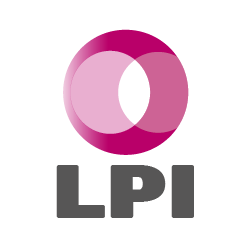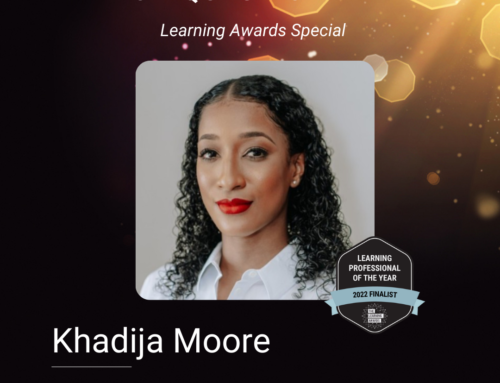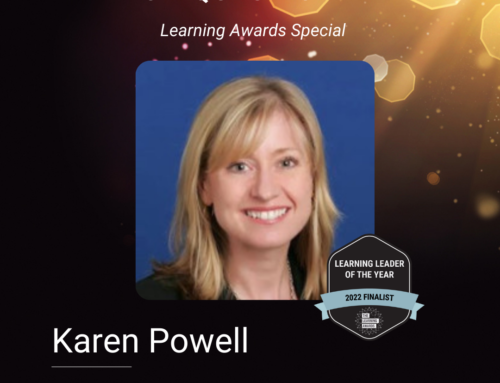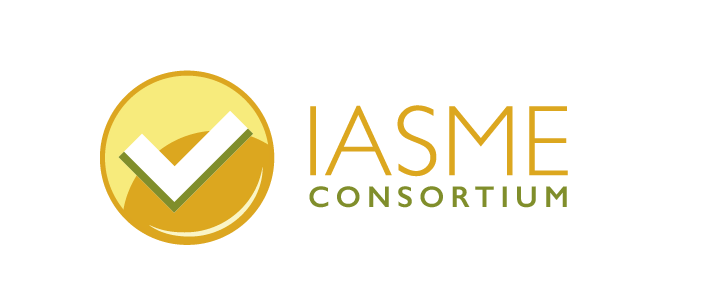With the recent announcement of the shortlist for the 2022 Learning Awards we begin a weekly series of L&D QuestionTime featuring those individuals shortlisted – we continue the series with Michelle Roodt – Shortlisted in the Learning Professional of The Year Category.

In your opinion what is the biggest anxiety within the world of learning and development at the moment?
We’re living through an era where the world is evolving faster than businesses can naturally adapt. The pandemic along with radical advancements in technology have accelerated Digital transformation and automation heralding what’s being coined an era of digital Darwinism. Survival of the fittest means evolving learning cultures and building robust, agile approaches to reskilling and upskilling people. The pressure is on for L&D teams.
Who or what is informing your thinking around L&D?
Oh so many things! I think that’s what I love about L&D. We gather our insights across different industries and emerging technologies and trends. Earlier this year I did a talk on the ‘things we can learn about learning from TikTok’ and there was a lot! Right now, I’m immersed in understanding the neuroscience behind effective learning and the podcasts my colleague Kate Pasterfield has created with Professor Howard Jones have been incredibly informative.
What is the most exciting innovation on the horizon for learning?
I think we’re going to see human centered big data that truly measures the impact of learning and can be used to improve learning experiences. Look out for learning analytics powered by personal data gathered through Internet navigation, social networks and sensors. We’ll use the data not only to create better learning, but to curate the right learning pathways.
What “game changers” would you like to see and why?
I’m looking forward to seeing machine powered learning optimise the learning experience for humans by matching people to opportunities and skills and delivering appropriate learning and adapting programmes to individual learners needs. Learners need to be agile and flexible and skills need to be transferable and visible. The rate of change and the unknown nature of tomorrow’s workplace means we need technology to smartly support agility in learning ecosystems.
What do you think the world of L&D will look like by 2030?
Our GenZ learners will have influenced and shaped the way we learn and learning cultures. They are foraging learners who are motivated by curiosity and growth. They will power up the skills revolution encouraging a culture of self-directed learning. This is a generation that will demand learning pathways that are flexible and current and which enable them to develop new and emerging skills. These learners are collaborative learners, who will encourage more social learning in virtual settings, creating supportive learning cultures that welcome diversity of thought.
What advice would you give your 21 year old self?
Make decisions out of love and not fear. Don’t overthink or over analyse and embrace uncertainty and the quiet voice of your own intuition.
About Michelle:
Michelle is a Senior Learning Experience Consultant (LExC) at Sponge, working at the forefront of solution design for global clients. Michelle has an uncanny ability to combine humility and collaborative interpersonal skills with an uncompromising attitude when delivering quality solutions grounded in legitimate learning science and design best-practice. For clients, she brings a strategic voice to identifying the real need and drives learning solutions that genuinely shift the dial on workforce behaviours.
Connect with Michelle via LinkedIn








Leave A Comment